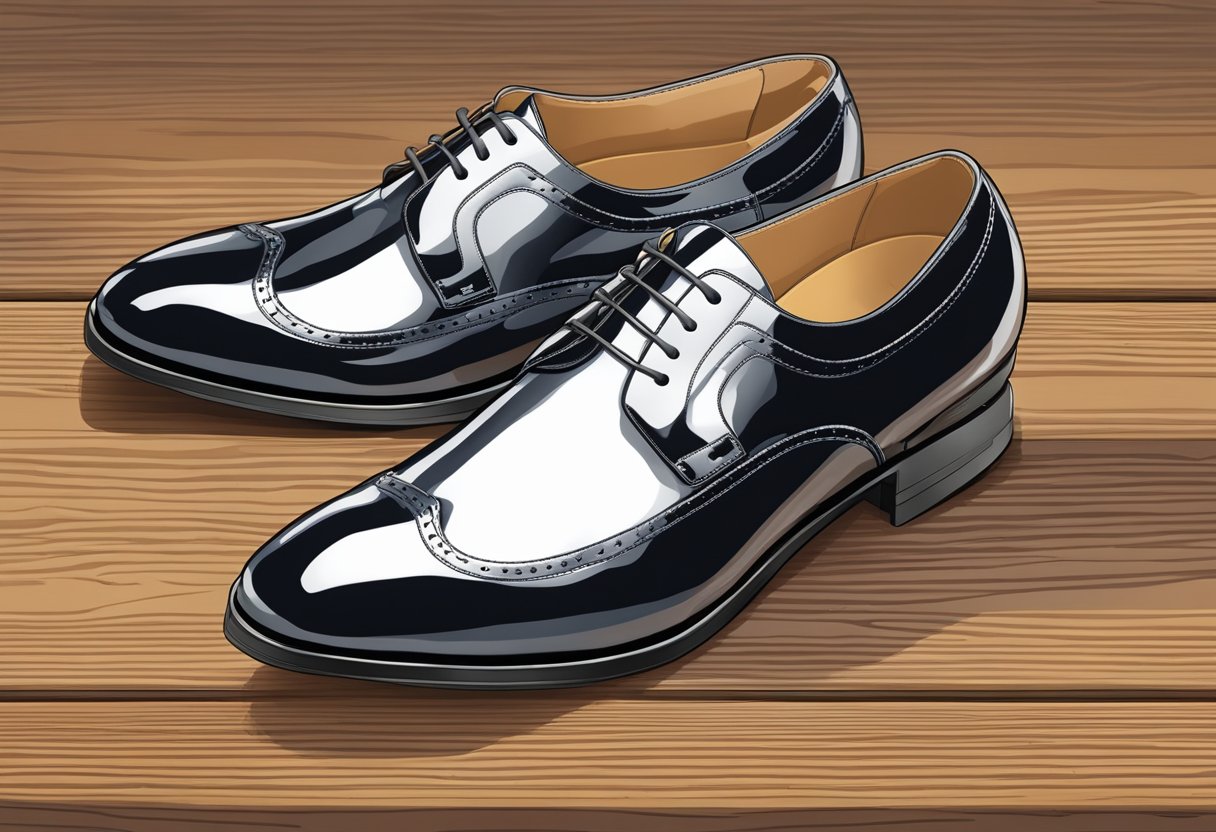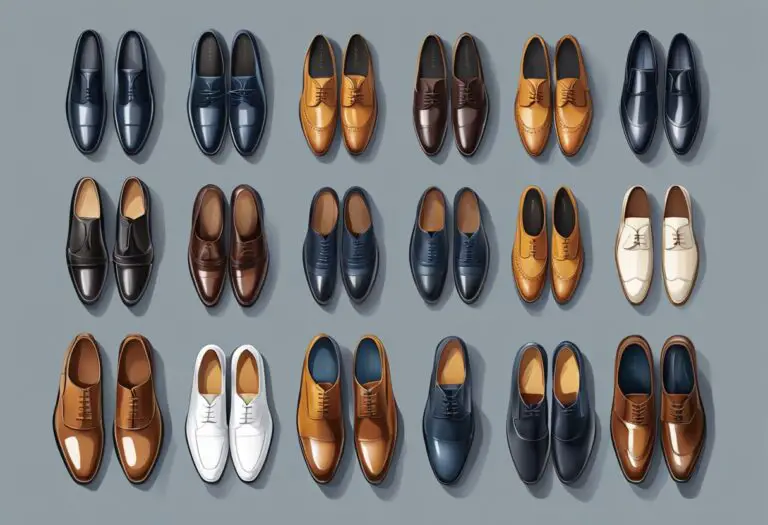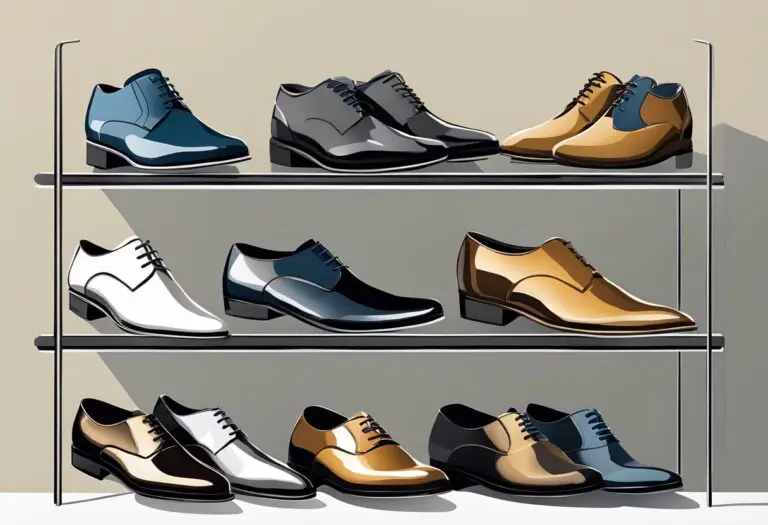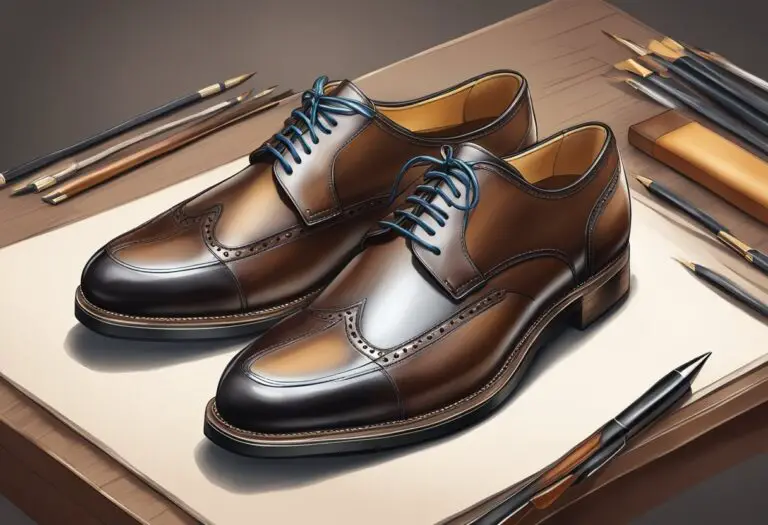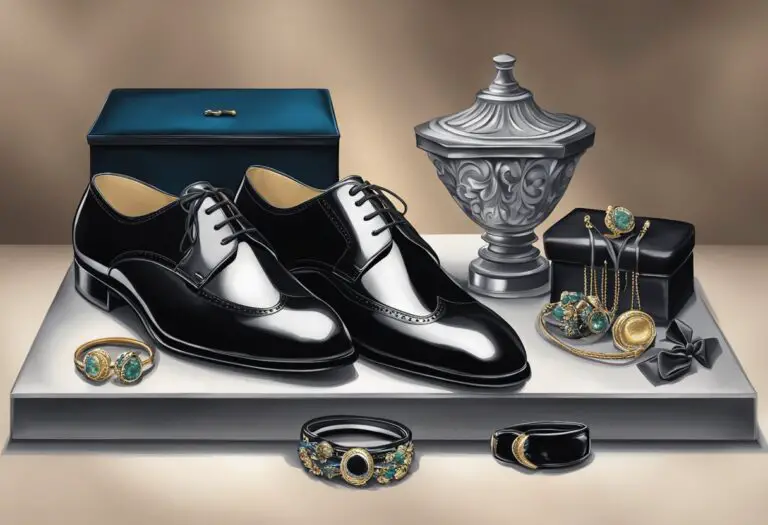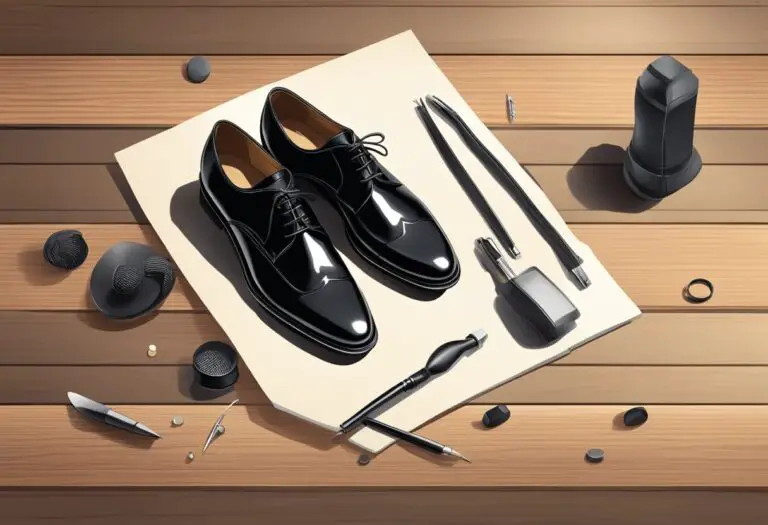How to Choose the Right Formal Shoes for Your Suit
How to Choose the Right Formal Shoes for Your Suit
When it comes to formal attire, the right pair of shoes can make or break the entire outfit. It is essential to choose the right formal shoes that complement your suit and enhance your overall appearance. However, with so many styles, colors, and materials available, selecting the perfect pair of formal shoes can be overwhelming.

The first step in choosing the right formal shoes for your suit is to consider the occasion. Different occasions call for different types of shoes, and it’s crucial to match your shoes to the formality of the event. For example, a black-tie event requires dress shoes, while a business meeting may call for more conservative and subtle footwear. Once you have determined the dress code, you can start exploring different styles and materials that suit the occasion.
Understanding Suit and Shoe Coordination

Color Matching
When it comes to choosing formal shoes to match a suit, color coordination is key. The color of the shoes should complement the color of the suit, and not clash with it.
For a classic look, black shoes are the go-to choice for a black suit, while brown shoes work well with navy or grey suits. However, there are a variety of shades and tones within each color family, so it’s important to pay attention to the undertones of the suit and shoes to ensure they match well.
For example, a navy suit with cool undertones pairs well with shoes that have cool undertones as well, such as a deep chocolate brown or burgundy. On the other hand, a navy suit with warm undertones pairs better with shoes that have warm undertones, such as a lighter tan or cognac.
Formality Levels
The formality of the shoes should also match the formality of the suit. A pair of sneakers or sandals would not be appropriate for a formal business suit, while a pair of patent leather oxfords would be too formal for a casual summer suit.
For a business suit, choose a pair of classic dress shoes such as oxfords or loafers in a neutral color. For a more casual suit, such as a linen or cotton suit, consider a pair of suede loafers or boat shoes.
It’s important to note that while matching the formality level is important, it’s also okay to mix and match slightly. For example, a pair of Chelsea boots can add a touch of edginess to a classic suit, or a pair of wingtip oxfords can add a touch of sophistication to a more casual suit.
Overall, understanding suit and shoe coordination is essential for creating a polished and put-together look. By paying attention to color and formality levels, you can ensure that your shoes complement your suit and elevate your overall style.
Selecting the Right Shoe Style

When it comes to selecting the right formal shoes for your suit, it’s important to consider the style of shoe that best suits your needs. Here are two popular options:
Oxfords and Derbies
Oxfords and Derbies are classic formal shoes that are perfect for any formal occasion. They are characterized by their low heels, closed lacing, and sleek design. Oxfords are more formal than Derbies due to their closed lacing system which gives them a more streamlined look. On the other hand, Derbies have an open lacing system which makes them more versatile and comfortable.
Loafers and Monk Straps
Loafers and Monk Straps are more modern and casual than Oxfords and Derbies. They are slip-on shoes that don’t require laces and are perfect for those who want a more relaxed look. Loafers are typically made of leather or suede and can be dressed up or down depending on the occasion. Monk Straps are similar to loafers but have a buckle instead of laces, which gives them a slightly more formal look.
When selecting the right shoe style, it’s important to consider the occasion and your personal style. Oxfords and Derbies are great for more formal events, while Loafers and Monk Straps are perfect for those who want a more relaxed look. Whatever your choice, make sure the shoes fit well and are comfortable to wear.
Material and Craftsmanship Considerations

Leather Types
When it comes to choosing the right formal shoes for your suit, the type of leather used is an important factor to consider. There are various types of leather available, each with its own unique characteristics.
One of the most popular types of leather for formal shoes is full-grain leather. This type of leather is made from the top layer of the animal hide and is known for its durability and natural look. Another option is corrected-grain leather, which is sanded and treated to remove imperfections. While this type of leather is more affordable, it may not be as durable as full-grain leather.
For those looking for a more luxurious option, exotic leathers such as crocodile or ostrich can be used. These leathers are known for their unique textures and patterns, but come with a higher price tag.
Construction Quality
In addition to the type of leather used, the construction quality of the shoes is also an important consideration. A well-constructed shoe will not only look better but will also last longer.
One aspect of construction quality to look for is the stitching. Shoes with Goodyear welt construction have a strip of leather that runs along the perimeter of the shoe, which is then stitched to the upper and sole. This method creates a durable and water-resistant shoe.
Another aspect to consider is the sole of the shoe. Leather soles are a popular choice for formal shoes as they provide a sleek and elegant look. However, they may not be as durable as rubber or synthetic soles.
Overall, when choosing the right formal shoes for your suit, it’s important to consider both the type of leather used and the construction quality of the shoes. By taking these factors into account, you can ensure that you choose a pair of shoes that not only looks great but will also last for years to come.
Fit and Comfort

Sizing and Fit
When choosing formal shoes for a suit, it is important to consider the sizing and fit. Poorly fitting shoes can cause discomfort and even lead to foot problems. It is recommended to measure your feet before purchasing shoes to ensure the best fit. Make sure to measure both feet as they can differ in size.
When trying on shoes, it is important to wear the same type of socks that will be worn with the shoes. The shoes should fit snugly but not be too tight or too loose. There should be enough room in the toe box to wiggle your toes and the heel should not slip out of the shoe when walking.
It is also important to consider the shape of the shoe. Different brands and styles may have different shapes, so it is recommended to try on various styles to find the best fit for your foot.
Break-In Period
New shoes may require a break-in period to become comfortable. It is recommended to wear them for short periods of time at first and gradually increase the wear time. This allows the shoes to conform to your foot and become more comfortable.
If the shoes are causing discomfort or pain, it may be necessary to return or exchange them for a different size or style. It is important to prioritize comfort over style when choosing formal shoes for a suit.
Maintenance and Longevity

Shoe Care
Taking care of your formal shoes is crucial for their longevity. Here are some tips to keep your shoes looking great:
- Clean them regularly with a soft-bristled brush or cloth to remove any dirt or debris.
- Use a leather conditioner to keep the leather soft and supple.
- Apply a waterproofing spray to protect your shoes from water damage.
- Allow your shoes to dry completely before wearing them again.
- Use shoe trees to maintain the shape of your shoes and prevent creases.
Repair and Replacement
Even with proper care, your formal shoes may need repairs or replacement over time. Here are some things to keep in mind:
- Take your shoes to a reputable cobbler for repairs. They can fix anything from a loose heel to a worn-out sole.
- If your shoes are beyond repair, it may be time to replace them. Look for high-quality shoes that fit well and are made from durable materials.
- Consider investing in multiple pairs of formal shoes so that you can rotate them and extend their lifespan.
By following these tips, you can ensure that your formal shoes look great and last for years to come.

